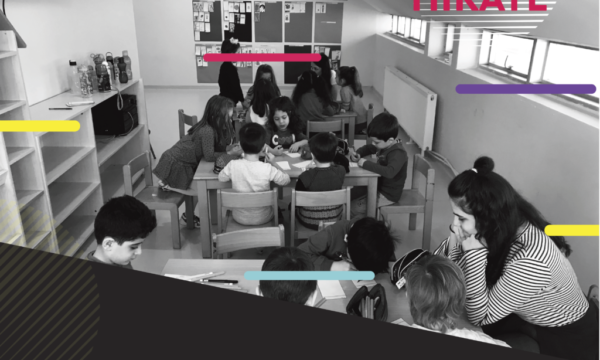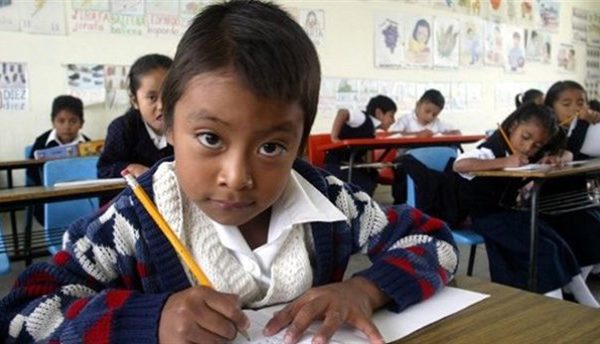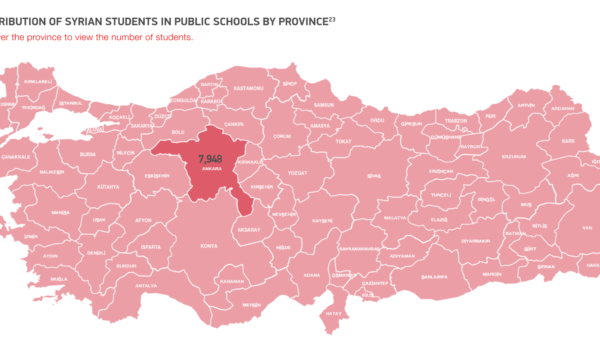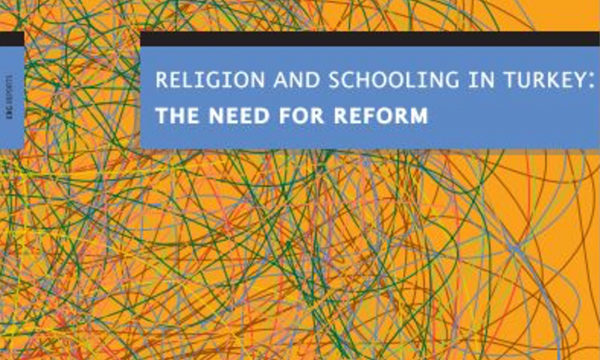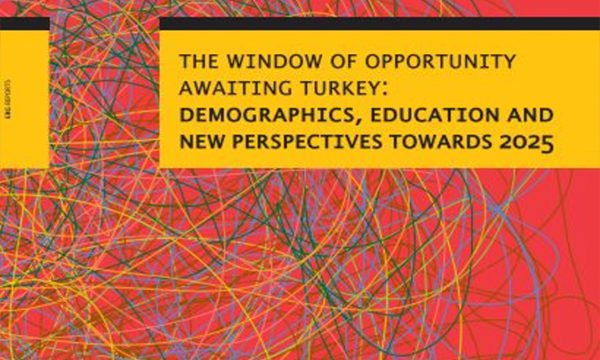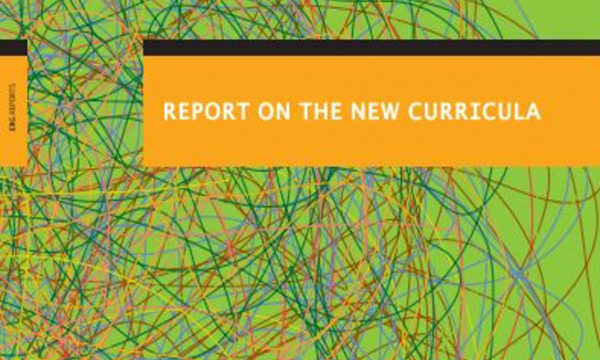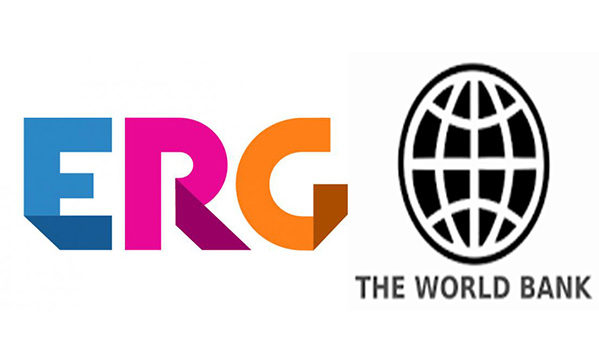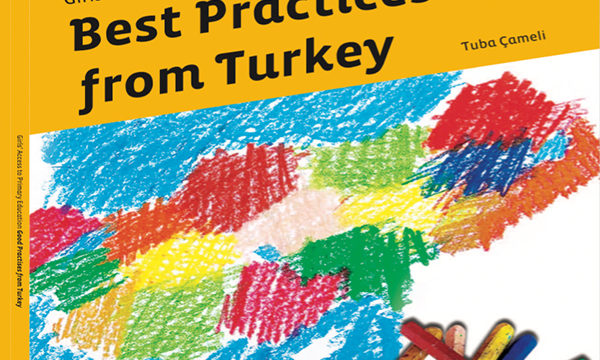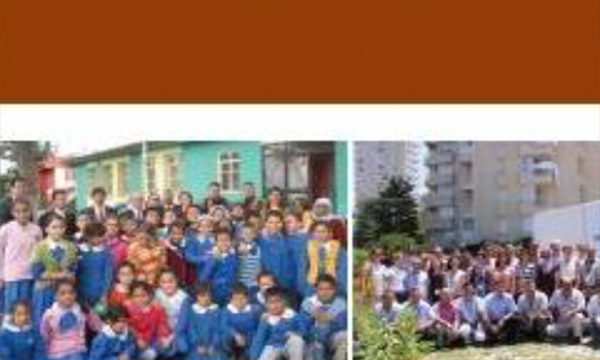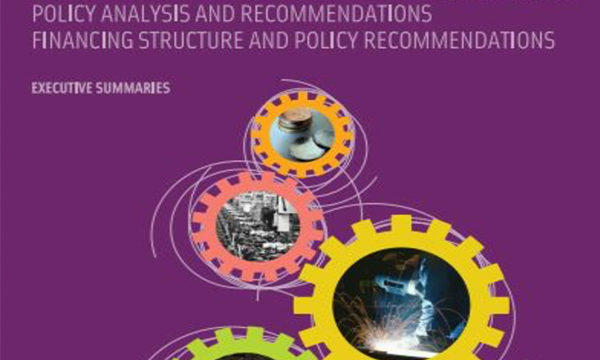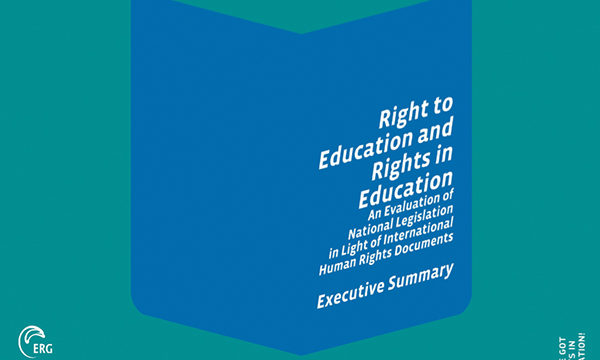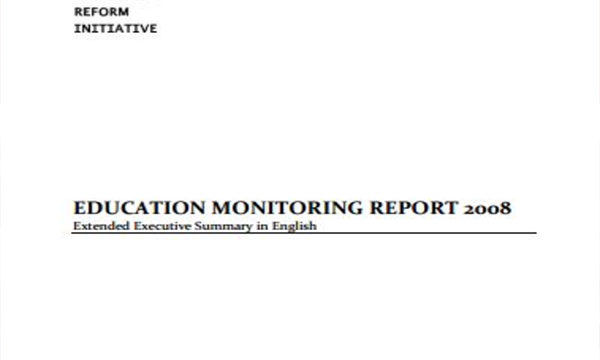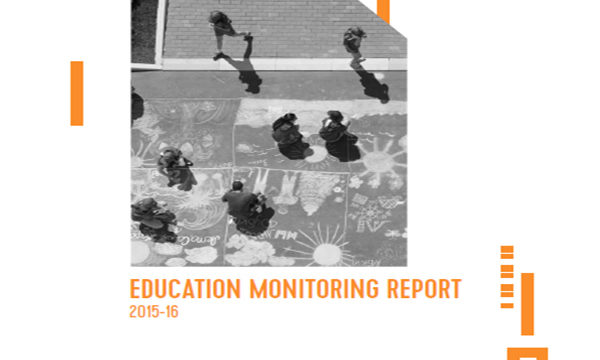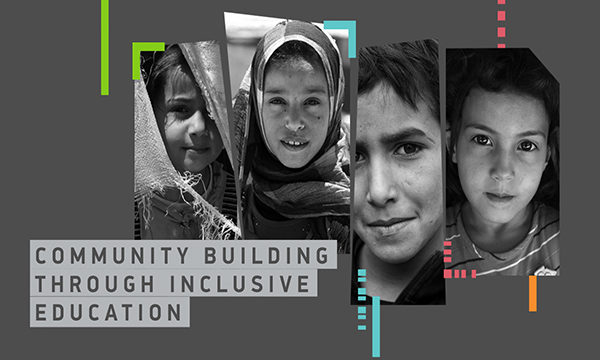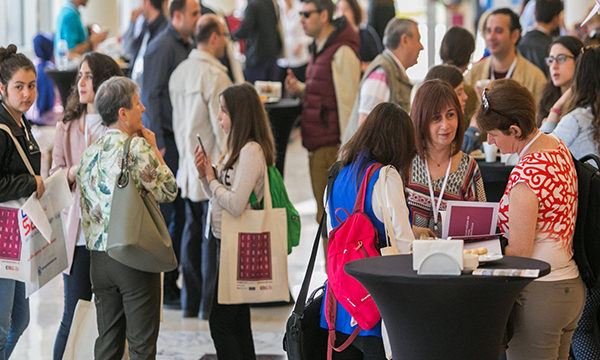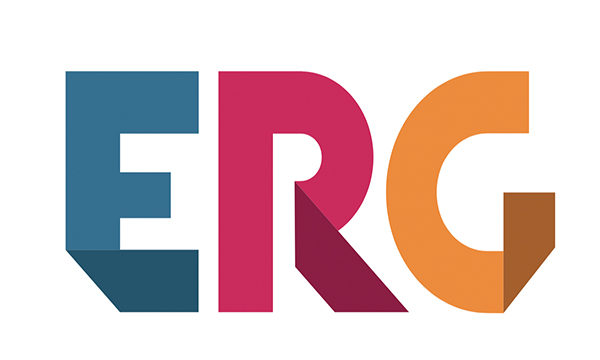President Abdullah Gül’s new university president appointments have caused reactions. Some regard this as revenge for the top court’s overruling the change to lift the headscarf ban in universities. Especially the president of the Akdeniz University, Professor Mustafa Ayaydın, who is know for his staunch stance against the headscarf, received the highest number of votes and was sent to the presidential office as the number one candidate on the list, but he was not appointed as the university president and that caused various speculations
Abbas Güçlü of daily Milliyet, who is an expert in the subject of education, claimed in his article the other day that ?democracy? was shelved in universities. Güçlü believes that the appointment of one-third of the High Education Council, or YÖK, members by the President, one-third by the government, and the rest by the Interuniversity Council, as stated in the Constitution, will no longer be the case.
Remedy is free universities:
Çankaya Presidential Residence, the government and Interuniversity Council seem to be merged and from now on the ruling Justice and Development Party, or AKP, will have the power. Güçlü, rightfully, said ?A single pole university will give more tragic results than single pole politics.?
The only remedy for saving the independence of universities is to change the appointment system of university presidents. Or rather, to have a system in which universities are self-governed. Faculty members should elect university presidents. That way, universities will be free in terms of administration and independent of the state in scientific research.
In short, Turkish universities need to reform immediately. But can the AKP government swing this? Unfortunately, I am pessimistic for two rock solid reasons. One is the e-mail I received from the ?We monitor social budget platform,? an organization that was formed about a month and a half ago.
Sabancı University Education Reform Initiative, Bilgi University Youth Working Unit, KADER, Boğaziçi University Social Politics Platform, TESEV and Gündem (Agenda) Children Association are among its members.
The platform of the message they sent complains that ?social policies? are not the priority in the new middle-term program announced. The platform made a comparison between the new program and the previous one. They say that there is no target set to the spread of pre-school education and secondary school reform in the new program.
But in the previous program, the AKP government had set these targets very clearly. The platform has also concerns about women and children in addition to youth policies and social services. Since the subject matter is education reform here, I preferred to focus on this side of the story.
Seven is too late!
But now let’s move into the second reason for why I am pessimistic… It in fact overlaps with the first one.
As you know, there is a civil society organization that has exerted efforts for the pre-school education in Turkey for years, AÇEV, or the Mother and Children Education Foundation. AÇEV runs an extraordinary campaign titled ?7 is too late? focusing on the pre-school education of the 4-6 age group. The organization has managed to pull up the pre-school education percentage from 16 to 28.5 in just two years.
But the point they reached today sends out an SOS signal because the AKP government did not include the law to make pre-school education mandatory, though they promised before the elections. Besides, the Education Ministry had previously plan to run a pilot program in 30 provinces but there is no word on it yet. In this case, isn’t it being optimistic to expect the AKP government to make reforms in universities as they have already failed to fulfill the promises about the education reform

